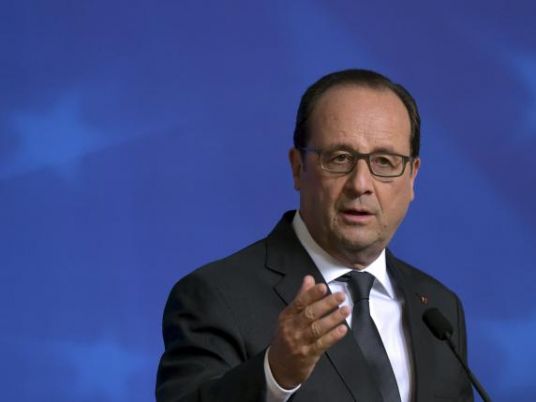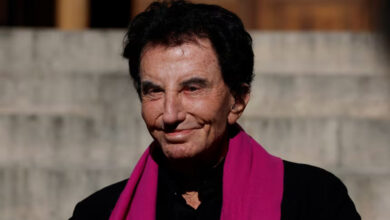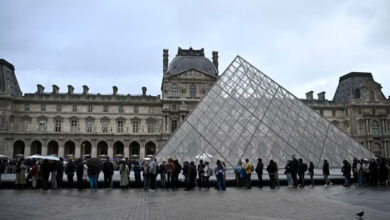
US President Barack Obama reaffirmed in a phone call with his French counterpart Francois Hollande on Wednesday Washington's commitment to end spying practices deemed "unacceptable" by its allies.
The presidents' conversation, announced by Hollande's office, came after transparency lobby group WikiLeaks revealed on Tuesday that US National Security Agency (NSA) had spied on the last three French presidents.
The latest revelations of espionage among Western allies came after it emerged that the US National Security Agency (NSA) had spied on Germany and that Germany's own BND intelligence agency had cooperated with the NSA to spy on officials and companies elsewhere in Europe.
"President Obama reiterated unequivocally his firm commitment … to end the practices that may have happened in the past and that are considered unacceptable among allies," the French president's office said.
Hollande had earlier held an emergency meeting of his ministers and army commanders and the US ambassador was summoned to the foreign ministry.
"France will not tolerate actions that threaten its security and the protection of its interests," an earlier statement from the president's office said, adding it was not the first time allegations of US spying on French interests had surfaced.
A senior French intelligence official will travel to the United States to discuss the matter and strengthen cooperation between the two countries, Hollande's office said.
"We have to verify that this spying has finished," Stephane Le Foll, government spokesman, told reporters, adding that ministers had been told to be careful when speaking on their mobile phones.
While Paris and Washington have good ties in general, UN Security Council veto-holder France fiercely maintains its independence on foreign policy and over the last two years there have been moments of friction and irritation on both sides.
Hollande was disappointed by Obama's last-minute decision not to strike Syrian government positions in 2013. US officials have frequently, in private, criticized France's tough stance in talks over Iran's nuclear program.
More documents to come
The revelations were first reported by French daily Liberation and on news website Mediapart, which said the NSA spied on presidents Jacques Chirac, Nicolas Sarkozy and Francois Hollande during the period of at least 2006 until May 2012.
According to the documents, Sarkozy considered restarting Israeli-Palestinian peace talks without U.S. involvement and Hollande feared a Greek euro zone exit back in 2012.
Wikileaks said it would soon publish more details on the nature of US spying on France.
Le Foll said Paris had not decided whether to launch legal proceedings as Germany had done but, amid calls from some quarters for retaliation, played down diplomatic consequences.
"In the face of threats that we face and given the historic ties linking us, we have to keep a perspective," he said. "We're not going to break diplomatic ties."
Germany's top public prosecutor closed a year-long probe earlier this month into the suspected tapping of Chancellor Angela Merkel's cell phone by US spies.
Claude Gueant, Sarkozy's former chief of staff and one of the reported targets of the NSA, told RTL radio: "I feel like trust has been broken."
The documents, which included the cell phone of one of the presidents, included summaries of conversations between French officials on the global financial crisis, the future of the European Union, ties between Hollande's administration and Merkel's government.




